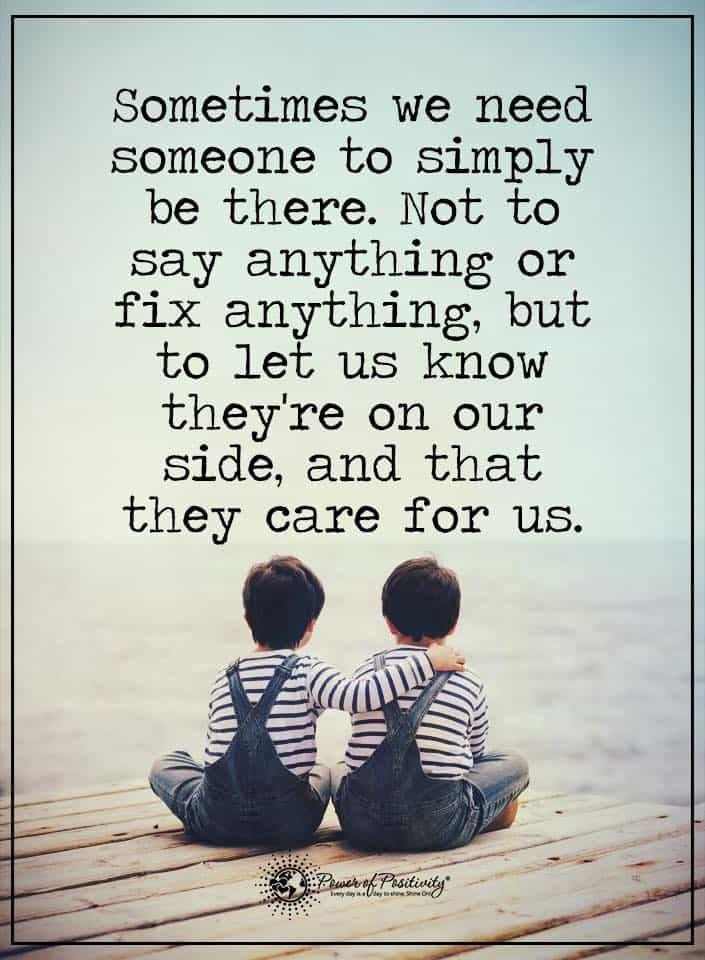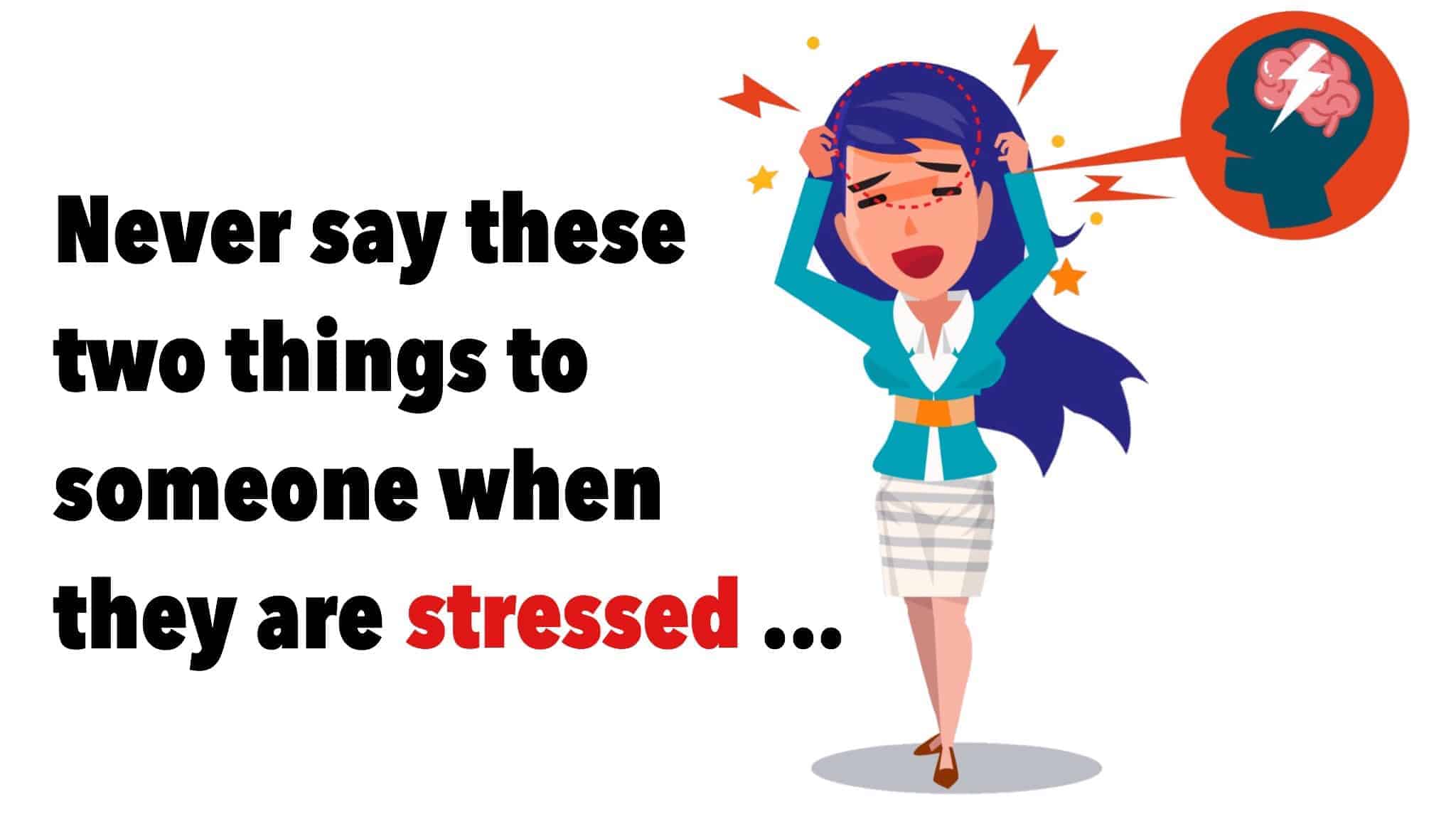How easy is it to get tongue-tied when suddenly approached by someone who is completely stressed out? When we’re in this frame of mind (and we all have been!), we’ll often spout some pretty aggressive language, or perhaps display our escalated frustrations by forgetting all etiquette relating to body language.
Indeed, it can be very difficult to know what to do and say in these cases. After all, there is no ‘framework’ for how to deal with stressed out people…and God forbid we say or do the wrong thing and become a newly-acquired target for their stressed-out antics!
When approached by someone in a stressed out frame of mind, it is as important (if not more) to know what not to say. Again, this can be a difficult predicament since all we want to do is help and make them feel better. Logically, we’d think that speaking some “pearls of wisdom” would make a person feel better.
Which brings us to the topic of this article: what not to say to someone that is about to blow a gasket. We’ll discuss a few techniques for listening and conversing with such a person. We’ll also discuss the TWO words never (ever!) to say to someone when they’re stressed out.
The thing to remember when you feel stressed…
The people most likely to approach you all stressed out are your friends. Not many of us desire to voice our stressors to some acquaintance or co-worker. With this in mind, it is important to consider that how we respond in this delicate situation can potentially affect the relationship moving forward.
The one thing to remember is this: the stressed person wants to vent and contemplate their feelings with you. Receiving advice is a distant second, in most cases. As such, the practice of active listening is essential.
Active listening is simply listening and conversing with someone in a mutually understandable way. One practices active listening by focusing intently when they’re speaking and – here is the hard part – not getting distracted by conversational pauses OR thinking about your response beforehand.
Using active listening in this situation is, in essence, a means of prevention – we’re preventing the escalation of an already tense situation. Further, we’re alleviating much of the pressure by not attempting to “fix” the problem. This is not to say that we won’t help in some way; but any conversational outcome with someone stressed is not the ultimate goal. In fact, it shouldn’t be considered a “goal” at all. Remember, it’s about them, not you.
In other words, a friend in a crisis doesn’t need “counseling” when they seek you out. They need a friend who’s willing to listen.

Framing the conversation
Okay, so we know that our stressed out friend will likely dominate the conversation – at least in the beginning. However, they will, at some point, expect you to interject with your thoughts.
This is when that all-important active listening will pay large dividends. When it’s your turn to speak, you already know the situation (right?) and can somewhat identify with you friend’s feelings (right?). If you can’t answer both of these questions with a definitive ‘Yes,’ then you must ask the person to reexplain. If this isn’t possible because of time constraints, elevated emotions, etc., then offer a time and place where you can focus on them, and them alone.
So here are a few tidbits when it’s your time to talk:
#1: Beware of ‘Why?’ questions
Asking ‘Why?’ about how someone is feeling can seem judgmental or condescending. The person may feel like you’re patronizing them, which is the last thing a stressed out person needs.
#2: Ask Open-ended questions
Opened-ended questions are those that cannot be answered by “yes” or “no”. Remember, they are coming to you because they want to explore their feelings. Open-ended questions allow them to do just that.
Open-ended questions accomplish three important things: (1) it shows that you’re actively listening, (2) that you care enough to inquire about their problems, and (3) allows the person to evaluate, rationalize and verbalize their (often complex) feelings.
#3: The TWO words to avoid
“Bob, you should be doing/feeling/thinking this/that/the other.” Saying ‘You should’ when somebody is emotionally vulnerable is not only selfish, it completely invalidates (and attempts to replace) their thoughts and feelings.
It’s basically saying “How you feeling/think is wrong, and you should do what I feel/think.” This is the act of a coach or a counselor, which isn’t appropriate in this scenario.
In closing…
Put simply: your stressed out friend is seeking you out for support. You saying the “right thing at the right time” is really not on their mind; if it is, then it’ an unfair expectation on their part. In fact, it’s a completely different discussion.
Be a friend, listen with attentiveness, be empathetic, be mindful of your words…and things will be fine. Both for them and for yourself.

















